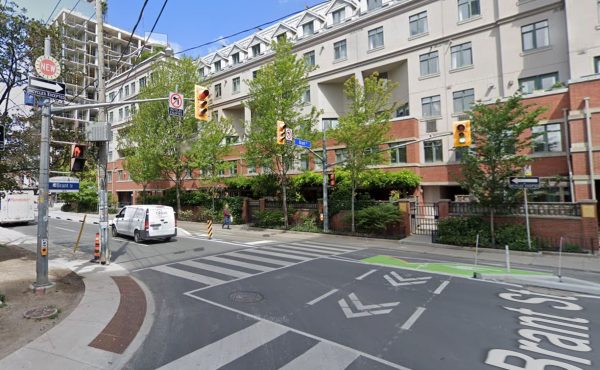Yes, City Council proceedings are often funny, ridiculous, and entertaining, and sometimes even embarrassing. Let’s get that out of the way.
What they are not is a farce of democracy or a mockery of government, with councillors arbitrarily deferring items left and right rather than actually having the guts to deal with them. Okay, so that happens a little, but not nearly as much as the condescending cover story in last Sunday’s Star would have you believe.
The pitch for the piece, by feature writer Kenneth Kidd, was probably reasonable enough: send someone who knows nothing about municipal politics to a meeting of City Council in order to see what actually takes place. That’s as good a premise for an article as any; the problem was Kidd’s approach to his subject matter, which could be summarized as “What a bunch of buffoons.” Rather than head in to Council Chambers with a genuine curiosity — as any good journalist or ethnographer should — he went in expecting the worst and found it:
Inside a 16-page bundle of green-coloured paper sits the proposed agenda for Toronto City Council, and one of the first orders of business is to decide, well, what will actually remain on the agenda and what will be “held,” put off for another day.
There’s probably a good article to be written about Council’s peculiar and esoteric procedural rules [PDF]. That does not, however, excuse the fact that Kidd’s explanation of them is simply wrong.
At the beginning of a City Council meeting, all items on the agenda are summarily and unanimously adopted, except for those on which a councillor places a hold. That is, if a councillor wants to debate or discuss an item, to ask questions of staff, to move an amendment, or even to have a recorded vote, he or she must ensure that the item is being held down by someone or another. (There are certain exceptions, but this is the general principle that applies much more often than not.)
The trouble is that Kidd thinks that a “hold” is synonymous with a “deferral,” which is the correct term for putting off an item to a subsequent meeting, and is not a decision that an individual councillor can make unilaterally.
It goes on, page after page, with councillors rising to explain why this item should be put off, or that one now needs alteration or urgent attention.
The agenda items that Kidd witnessed being “put off” were actually the ones that were being marked as deserving of particular attention at that meeting. This is a significant factual error, as it substantially undermines the entire introductory portion of the article, and casts doubt on the rest.
Despite immediately being alerted to the mistake, however, the Star has not issued a correction, either online or in any of its seven subsequent print editions. It is, after all, just a matter of City Council’s reputation; it’s not like the Star had called the Rogers Centre the SkyDome or anything.





3 comments
Just as we expect our politicians to actually know something about our city, we should expect our journalists to understand the subjects they cover. They can’t all be deeply learned about everything, but they should at least be accurate. Even a wet behind the ears new member of Council would be expected to learn the procedures, and the good ones would know them from past experience as members of an involved community watching from the gallery.
Does the Star have an agenda of making Council look foolish as a generic way of downplaying its importance? Is this a prelude to pushing for a smaller Council where members would be swamped with constituency work and only the very well-funded could possibly compete? Or am I just being paranoid?
While lamentable, it remains less egregious than the most councillors understanding of finance and economics.
Thanks for this Jon – I noticed that mistake too.
It also shows the journalist obviously didn’t stay for more than the beginning of the meeting, or he would have noticed that the “held” items were the ones being discussed.